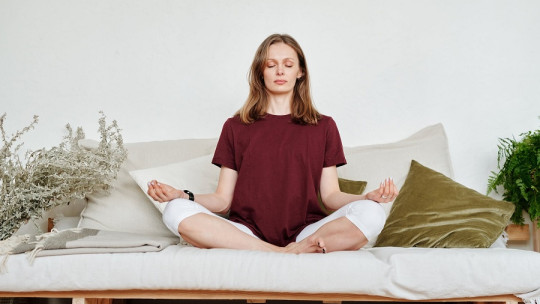We are going through the last weeks of the year and these are times when we generally take stock of what we have experienced and project forward. This can be a good time to reflect on what happened, the path we traveled and also look forward looking to take new routes It is in these reflections that it becomes more necessary than usual to practice compassion and gratitude. Here I tell you why.
The brain’s negative bias
The emotions of gratitude and compassion do not genuinely appear as much as we would like On the contrary, our brain has a bias towards the negative, what does this mean? Our mind is designed to focus on those threatening situations that we experience since by registering them and keeping them in mind we could avoid a new appearance of them or prepare ourselves to face them.
This was consolidated thousands of years ago in the design of our nervous system and has an evolutionary function as it prepares us to face possible future dangers in pursuit of survival. The problem is that today it is activated much more frequently than we need it.
Renowned neuroscientist Rick Hanson describes it this way: “our minds have Velcro for the negative and Teflon for the positive.” We can possibly glimpse this in our personal experiences. Some people notice that around this time of year there is an increase in self-criticism, fear of insufficiency, anxiety to compensate for what has not been achieved, and the perception of lack If we understand that these attitudes are part of a tendency of our mind, perhaps we can take a little perspective and gradually open ourselves to exercising something different that brings us well-being.

How to cultivate well-being
Even when the tendency is to attach towards the negative, in our body we also have the ability to contact with genuine appreciation and compassion for everything that is alive and surrounds us. We can learn to balance the negative bias by tilting our gaze towards what is pleasant, towards what is stable and what sustains our lives This has important benefits on our mood and mental health, allowing us greater security, joy, contentment and lightness.
One of the ways to practice appreciation in everyday life is to keep a journal. Here I tell you some ideas to do it. Before you go to sleep, write on a piece of paper or in a note what you are grateful for in your day. You can do it daily or weekly.









